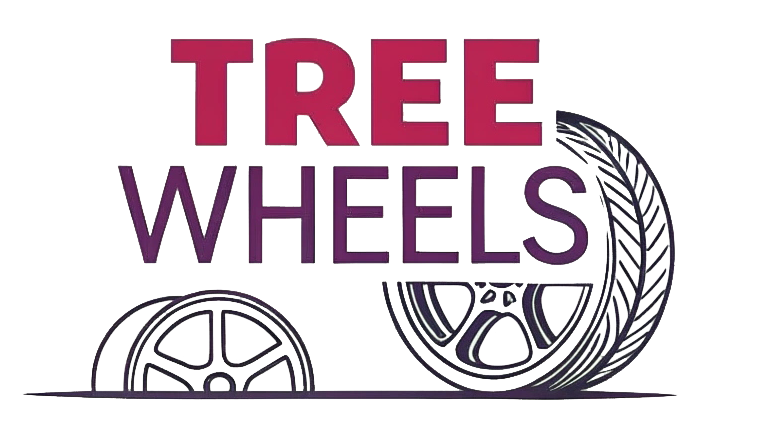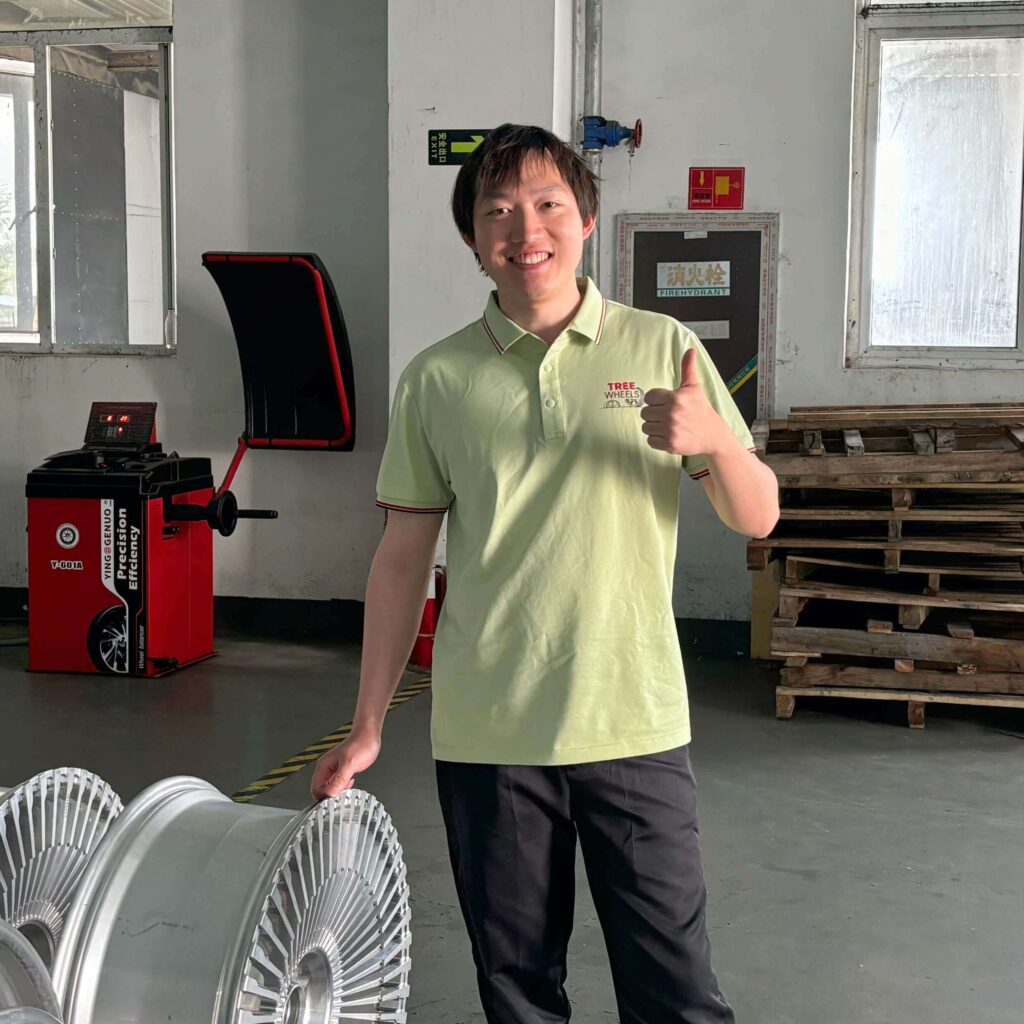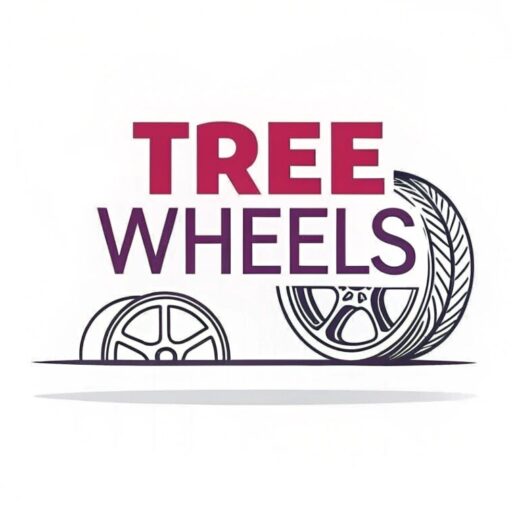Importing custom wheels from China can be a cost-effective and profitable decision for businesses and car enthusiasts. However, the process requires careful planning to ensure product quality, compliance with regulations, and smooth logistics. This guide will walk you through the entire process, from selecting the right supplier to shipping and final delivery.
1. Research and Identify Reliable Suppliers
China has a vast number of wheel manufacturers, but finding the right supplier is crucial. Consider the following:
Key Factors to Evaluate Suppliers:
| Factor | Description |
|---|---|
| Reputation & Experience | Look for manufacturers with proven industry experience and international certifications like TÜV, JWL, DOT, and ISO. |
| Customization Capabilities | Ensure the supplier offers full customization in size, design, color, and branding. |
| Quality Assurance | Check if they have a strict quality control (QC) process, including material composition testing, strength verification, and durability assessments. |
| Reviews & References | Read customer reviews, request references from previous buyers, and verify their track record on platforms like Alibaba, Made-in-China, and Global Sources. |
Where to Find Suppliers?
- Industry Trade Shows (e.g., SEMA Show, Canton Fair) – A great place to meet manufacturers in person.
- B2B Platforms (Alibaba, Made-in-China, Global Sources) – Online directories where you can compare multiple manufacturers.
- Direct Manufacturer Websites (like Tree Wheels) – Some top-tier manufacturers sell directly to clients.
2. Request Product Samples and Verify Quality
Before committing to bulk orders, always request product samples to check quality. Key aspects to assess include:
Quality Inspection Checklist:
| Inspection Criteria | Description |
| Material Quality | Ensure the wheels are made from high-strength forged aluminum or cast alloy. |
| Finishing & Coating | Check for even paint application, powder coating, or anodizing to prevent corrosion. |
| Weight & Performance | Assess the weight of the wheel to ensure it does not negatively impact vehicle handling and fuel efficiency. |
| Fitment & Specifications | Verify bolt pattern, offset, width, and diameter for perfect compatibility. |
Request detailed quality reports, test certificates, and photos before approving production.
3. Understand Customization & Order Process
Chinese manufacturers typically offer flexible customization options, including:
- Size & Fitment (e.g., 18-inch, 20-inch, staggered fitment options)
- Forged or Cast Construction – Forged wheels for high performance, cast wheels for affordability
- Color & Finish (e.g., gloss black, matte bronze, chrome, brushed aluminum)
- Branding & Logo Engraving – Custom hub center caps or logo etching
- Bolt Pattern & Offset Customization – To match specific vehicle requirements
Discuss these details before placing an order to ensure the wheels meet your expectations.
4. Negotiate Pricing and Terms
Negotiation is key to securing competitive pricing. Consider the following:
Key Terms to Negotiate:
| Term | Description |
| MOQ (Minimum Order Quantity) | Some suppliers offer low MOQs for custom orders, while others require bulk purchases. |
| Bulk Order Discounts | Larger orders often result in better per-unit pricing. |
| Payment Terms | Secure agreements on deposits (30-50%), balance payments (T/T, L/C, PayPal), and installment options. |
| Lead Time | Standard production time ranges from 15-35 days, depending on the wheel type (one-piece, two-piece, or three-piece). |
A well-negotiated deal ensures you get quality wheels at the best price without delays.
5. Ensure Compliance with Import Regulations
To avoid customs issues, ensure compliance with:
- International Safety Standards – Wheels must meet DOT (USA), JWL (Japan), and TUV (Europe) certifications.
- Import Duties & Tariffs – Check local import tax rates for automotive parts in your country.
- Customs Documentation – Required documents include commercial invoice, packing list, bill of lading, and safety compliance certificates.
Working with a customs broker can help navigate these legal requirements smoothly.
6. Choose the Right Shipping & Logistics Method
Shipping Options:
| Shipping Method | Cost | Delivery Time | Best For |
| Air Freight | High | 7-10 days | Urgent orders, small quantities |
| Sea Freight | Low | 20-35 days | Bulk orders, cost-effective shipping |
| Courier (DHL, FedEx, UPS) | Medium | 5-10 days | Small sample shipments |
- Air Freight: Faster but expensive, ideal for urgent restocks.
- Sea Freight: More affordable but slower, recommended for large orders.
- Courier (DHL, FedEx, UPS): Best for small sample shipments.
Consider warehousing and inventory strategies to optimize costs and delivery efficiency.
7. Handle Customs Clearance & Final Delivery
Upon arrival at your country’s port:
- Work with a customs broker to clear duties and taxes.
- Arrange domestic transport to your warehouse or business location.
- Inspect the shipment for any damage or quality issues before selling or installation.
Material Comparison Table
| Material Type | Strength | Weight | Cost | Best For |
| Forged Aluminum | High | Light | High | Performance & luxury vehicles |
| Cast Aluminum | Medium | Moderate | Low | Affordable aftermarket wheels |
| Steel | Very High | Heavy | Low | Off-road & heavy-duty vehicles |
Final Thoughts
Importing custom wheels from China can significantly reduce costs while maintaining quality, provided you choose a reliable manufacturer and follow the correct import process. At Tree Wheels, we specialize in custom forged and cast wheels, ensuring top-tier quality, compliance, and seamless global shipping.
Ready to Import Custom Wheels?
Contact us today for personalized quotes, design consultations, and hassle-free logistics support!



